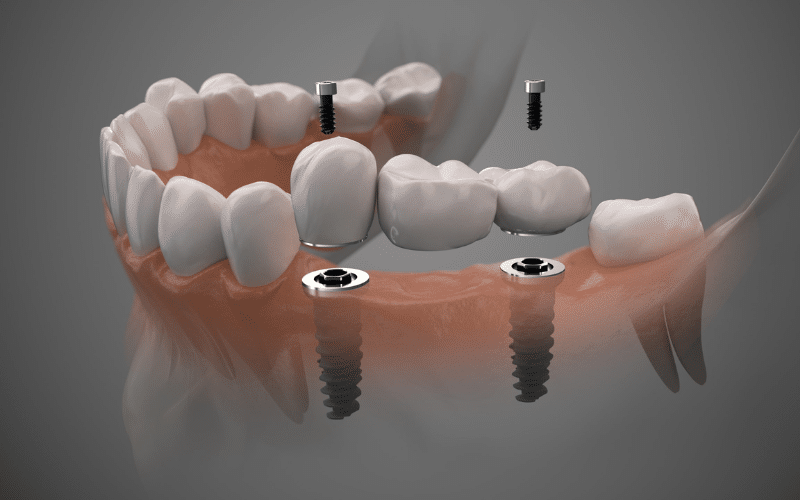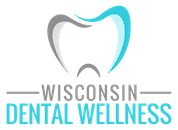Why Does My Jaw Hurt Long After Tooth Extraction?

Experiencing jaw pain long after a tooth extraction can be concerning and uncomfortable. In this comprehensive guide, we’ll delve into the reasons behind persistent jaw pain after a tooth extraction, along with practical tips for treatment and prevention. Understanding the causes and knowing how to alleviate the discomfort can help you navigate this post-extraction phase with greater ease.
Understanding Tooth Extraction
Before delving into why jaw pain may persist after a tooth extraction, it’s essential to understand the extraction process itself. Tooth extraction is a common dental procedure performed to remove a damaged or decayed tooth that cannot be saved through other treatments. While the procedure aims to alleviate pain and restore oral health, it can sometimes lead to post-extraction complications, including jaw discomfort.
Immediate Post-Extraction Symptoms
Immediately after a tooth extraction, it’s normal to experience some discomfort, swelling, and minor bleeding. These symptoms typically subside within a few days as the healing process begins. However, if jaw pain persists beyond the initial recovery period, it may indicate underlying issues that require attention.
Persistent Jaw Pain Causes And Concerns
Dry Socket (Alveolar Osteitis): One of the most common reasons for persistent jaw pain after a tooth extraction is dry socket, a condition where the blood clot at the extraction site becomes dislodged or fails to form properly. This exposes the underlying nerves and bone, leading to intense pain.
Infection: Infections can develop in the extraction site or surrounding tissues, causing inflammation and discomfort. Symptoms may include swelling, redness, fever, and persistent pain.
Jaw Damage or Trauma: During the extraction process, the surrounding tissues, including the jawbone, may sustain damage or trauma. This can result in ongoing pain and difficulty with jaw movement.
Nerve Damage: In rare cases, nerve damage can occur during a tooth extraction leading to persistent pain, numbness, or tingling sensations in the jaw and surrounding areas.
Osteomyelitis: Osteomyelitis is a serious infection of the jawbone that can occur following a tooth extraction. It requires prompt treatment to prevent further complications.
Diagnosis And Treatment
If you’re experiencing persistent jaw pain after a tooth extraction, it’s essential to consult your dentist or oral surgeon for a proper diagnosis and treatment plan. Depending on the underlying cause of the pain, treatment options may include:
- Pain management techniques such as over-the-counter or prescription medications.
- Antibiotics to treat infections.
- Flushing the extraction site to remove debris and promote healing.
- Surgical intervention to address complications such as dry socket or nerve damage.
Prevention And Care
While some post-extraction complications may be unavoidable, there are steps you can take to reduce the risk of persistent jaw pain and promote healing:
- Follow your dentist’s post-extraction instructions carefully, including any recommendations for pain management and oral hygiene.
- Avoid smoking and using straws, as these activities can disrupt the blood clot and increase the risk of dry socket.
- Stick to soft foods and avoid chewing on the extraction site until it has fully healed.
- Attend follow-up appointments with your dentist to monitor your progress and address any concerns promptly.
Persistent jaw pain after a tooth extraction can be distressing, but it’s essential not to ignore it. Seeking prompt dental care is crucial for diagnosing the underlying cause of the pain and implementing an appropriate treatment plan. If you’re experiencing ongoing discomfort, don’t hesitate to reach out to our dental office. Our experienced team is here to provide personalized care and support throughout your recovery journey. Take the first step towards relief and book your appointment today.
Recent Posts
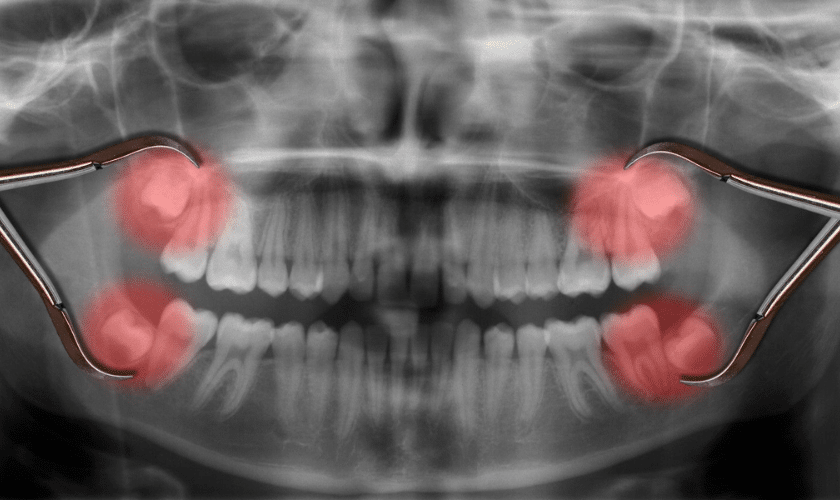
Is It Normal To Have Ear Pain After Wisdom Teeth Removal?

Why Does My Jaw Hurt Long After Tooth Extraction?
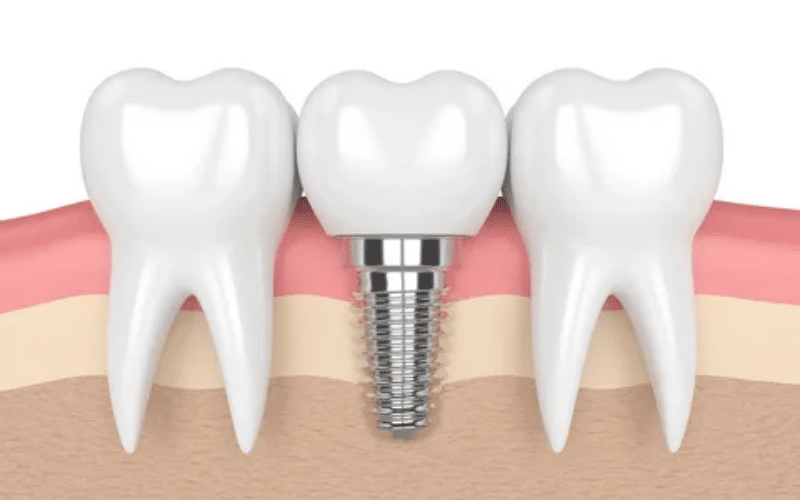
Dental Implants The Long-Term Solution To Missing Teeth And Their Benefits
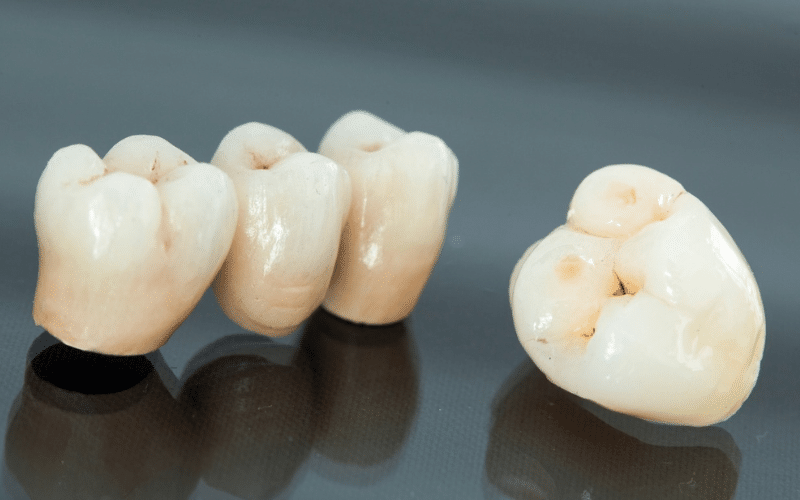
Your Dental Crown Broke Here Are 5 Steps To Take Immediately
